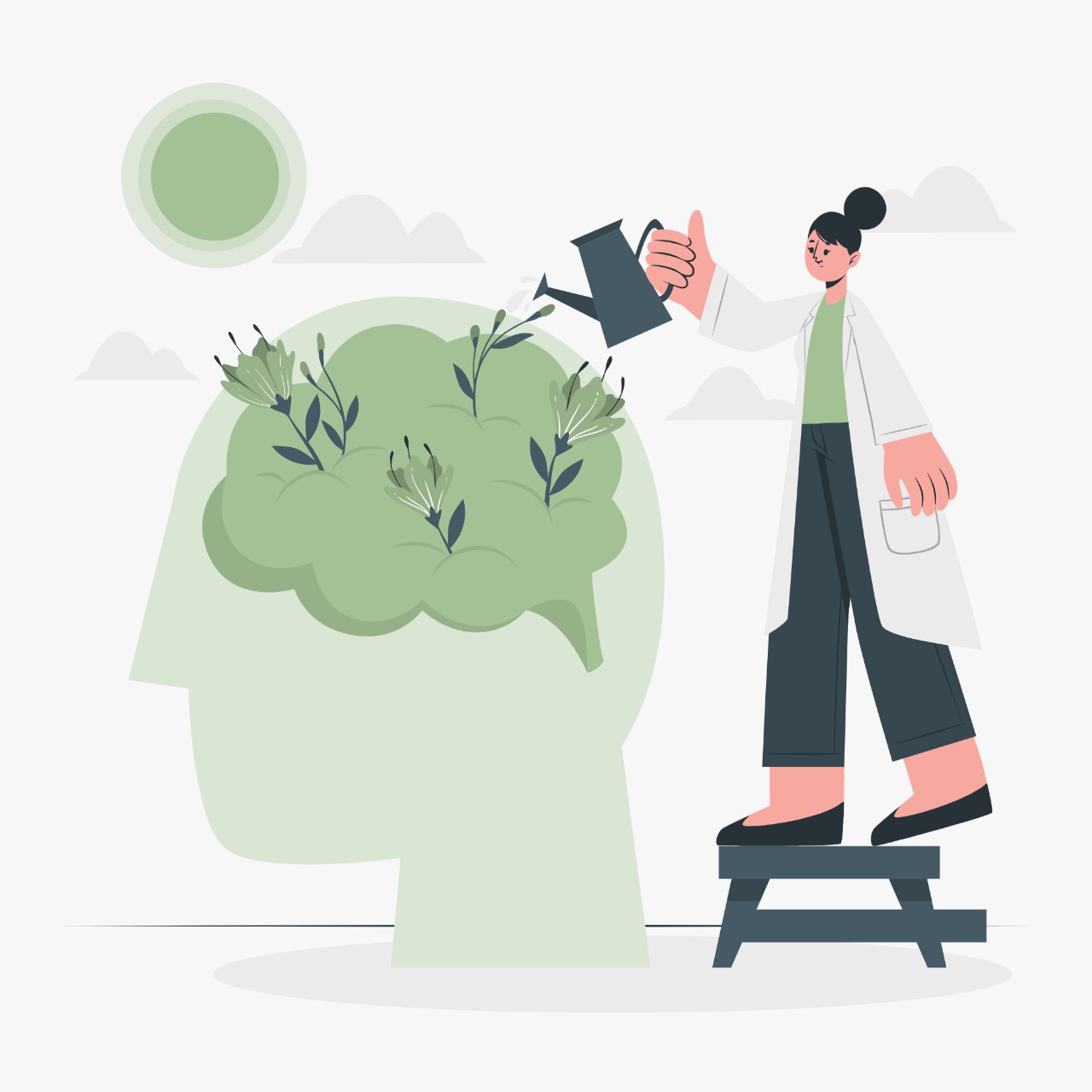Effect of Caffeine on Cognitive Functions
Key Highlights
- There is usually varied type of effect of caffeine on cognitive functions.
- Reports have also indicated that caffeine yields positive results in preventing cognitive and memory decline in healthy subjects.
- Some epidemiological reports have proposed a link between prolonged caffeine intake and a reduced danger of developing some neuro-degenerative diseases.
Cognitive processes include artificial or natural, unconscious, or conscious. The word cognition originates from the Latin word “cognoscere” which means “to recognize”. The concept of cognition denotes “a capacity for information processing, applying knowledge, and changing preferences”. Moreover, cognition is a multifaceted notion that encompasses memory, executive functions, attention, perception, psychomotor functions, and language. Each of these distinct aspects is a complex entity itself. Indeed, memory involves encoding, storage, and retrieval of information. Thus, memory divides into long-term, short-term, and working memory.
Effect of caffeine on memory tasks and learning
Caffeine typically has no significant impact on performance in memory tasks and learning. However, there have been instances where caffeine showed either inhibitory or facilitatory effects on learning and memory functions. Caffeine is particularly helpful in tasks where information presents passively, such as assignments that involve memorization with intent. In such cases, caffeine does not exhibit significant effects. Caffeine also enhances an individual’s performance in tasks that involves working memory to a limited extent. Contrary to this it causes hindrance in performance while working on tasks that are heavily dependent on working memory. However, caffeine seems to improve the memory and cognitive performance of an individual by reducing decrements in functioning in suboptimal alertness conditions.
Most studies reported improvements in reaction time when individuals consumed caffeine. Furthermore, caffeine ingestion does not appear to cause any effect on long-term memory. Low doses of caffeine reduces anxiety and enhance hedonic tone. Conversely, higher doses of caffeine lead to heightened intense arousal, including feelings of nervousness, anxiety, and jitteriness.
Effect of caffeine on moods
The improvement of functioning and performance in depressed and fatigued subjects shows that caffeine may act as a mild stimulant. Caffeine is a promising strategy to alter both cognitive and physical degradation related to sleep loss. There are also reports indicating that caffeine has yielded positive results in preventing cognitive and memory decline among healthy individuals. Moreover, these results cannot be generalized as the effect of caffeine on functioning and cognitive ability varies greatly among different age and sex groups.
Previous studies carried out on both adult and elderly subjects showed that caffeine progresses psychomotor performance, attention span, cognitive function, and state of well-being among the elderly. Likewise, the elderly group appeared more sensitive and prone to the positive effects of caffeine intake on prevention in reduced mental performance and decline over time as compared to younger subjects.
Most investigation on memory has been intended towards the acute outcomes of caffeine ingestion, but there have been few kinds of research on the influence of long-term or habitual caffeine use on the cognitive ability of an individual. These usually suggest an advantageous effect of caffeine. Furthermore, some epidemiological reports have proposed a link between prolonged caffeine intake and a reduced danger of developing some neurodegenerative diseases.
Conclusion
In conclusion, it seems that caffeine intake cannot be rendered as a pure cognitive stimulator and enhancer. Its secondary action on mood, arousal as well as concentration contributes in larger part to the cognitive enhancing attributes. Research also suggests that steady coffee/caffeine intake helps to decrease cognitive weakening in older adults, predominantly women.
